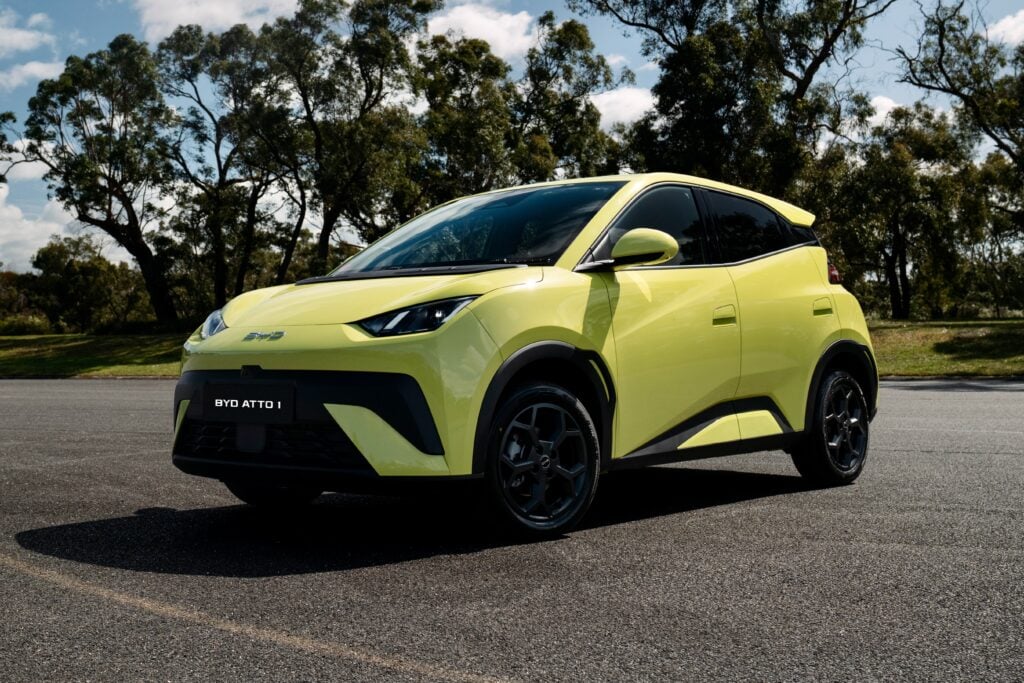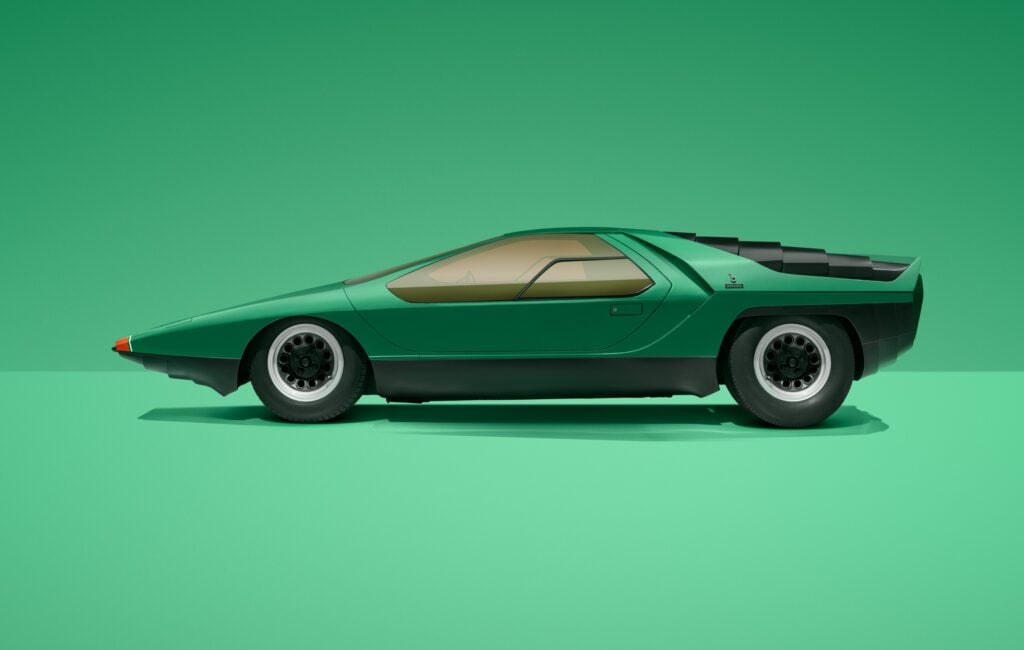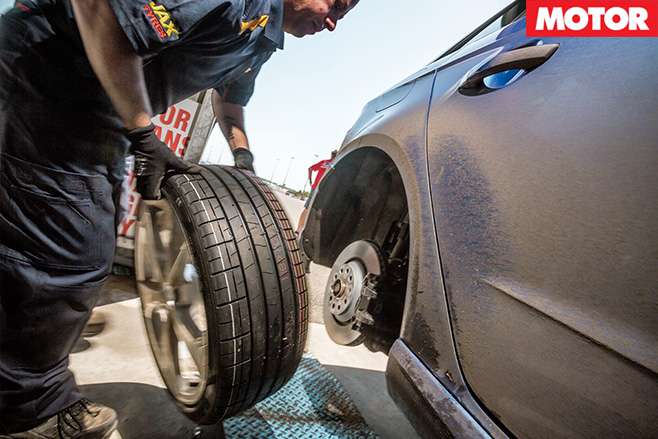The global automotive industry has copped a real beating over the past 18 months.
While you-know-what had a massive direct impact on production as the pandemic unfolded, the same shutdown in the semiconductor manufacturing world continues to hobble the production of cars to this day and the numbers are staggering.
The two biggest automotive consumers of computer chips are Toyota and Volkswagen, coughing up US$4bn (A$5.2bn) each per year for chips but that sum is minute compared with other industries.
At US$36bn (A$46.5bn), Samsung’s semiconductor bill alone is about the same as the entire automotive industry put together. As microchip supply slowly recovers therefore, car-making industries are at the back of the queue and the shortage for cars is predicted to last at least another two years.
I recently got chatting with a source at a mainstream Japanese brand who gave me a fascinating glimpse into the effect the semiconductor shortage is having on production. One of the ideas that had been floated was to produce a run of models that have fewer auxiliary and luxury electronic features offered as standard, thereby allowing the limited semiconductor resources to be allocated to only the essential computerised stuff like safety and engine management.
The idea never got further than early discussions but it got me thinking – the computer chip shortage could herald a brief but glorious rift in the automotive timeline.
Imagine if the various brands did actually start offering a limited run of electronic-lite cars to continue production through the semiconductor shortage.
First to go would be anything electrically operated. While a computer isn’t directly necessary to power an electric seat, for example, the electrics of modern vehicles are routed to central ‘body system’ control modules which are electronic* and need computer chips. Bin the motors from luxe electric seats and you can save up to 30kg. Repeat the process for non-essentials and the weight of cars will plummet as will their appetite for silicon.
Where else can we save a processor here and there? Automatic transmissions of course. Today’s autos are incredibly sophisticated and require powerful ECUs to run but manuals do not and are also lighter too. The self-serve gearbox will make an encore.
Now let’s do the same for power steering. Our chip-reduced car will be getting so light you won’t miss the commonplace feature without having to bicep-curl hay bales every morning. And the byproduct? Beautifully direct and sensitive steering feel.
Fuel injection is good for power and economy and reliability, but these are desperate times so we might have to bung on a set of side-draughts and save another engine management computer. The motor might be down on a few horses but think of the noise!
Turbos can ditch their electronic boost controllers and variable vane technology, replaced by pressure actuators that are easily influenced by dash-mounted bleed valves. Top-shelf sound system? Get rid of it, with a new set of carbies and the bi-modal exhaust valve all in the skip, all the music you could ever wish for is now coming from your car.
Obviously you won’t want to do away with all electronics including the stuff that runs the airbags and ignition timing or, perhaps you will. Manufacturers would offer these items as they do any other option including the full ‘motorcycle spec’ which dumps virtually all safety features for the true diehard purist…

Of course, production and supply of automotive chips will recover as will our car’s addiction to computers, but like an archaeologist discovering an odd layer of rock caused by a massive volcanic eruption thousands of years ago, this short generation of ‘pure cars’ would forever stand as a reminder of the time our vehicles took a step forward by going back.
*The terms ‘electric’ and ‘electronic’ are not interchangeable and their distinction is commonly misunderstood. While both require electricity to function, electronic devices use electricity primarily for data, while electric things use it for power. That’s why it’s called the electric chair not the electronic chair, while phones and tablets are regarded as consumer electronics not consumer electrics.





